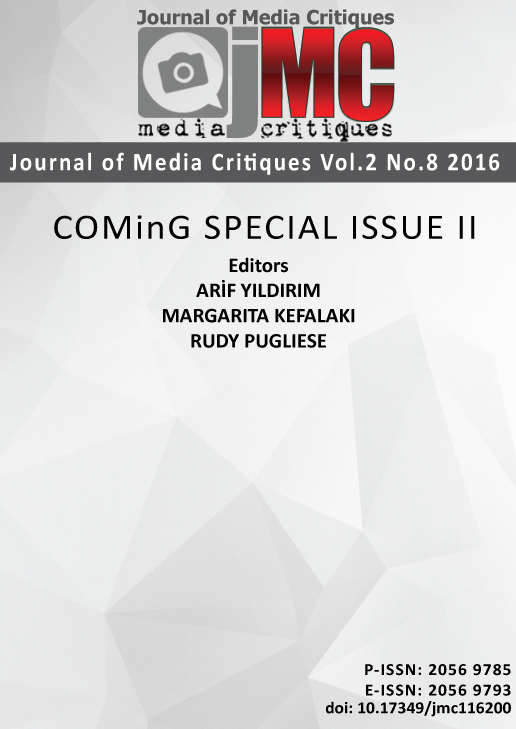GENDER BIAS IN THE PUBLIC RELATIONS INDUSTRY IN MALAYSIA: COMPARING PUBLIC RELATIONS PRACTITIONERS’ JOB FUNCTIONS, INCOMES, AND CAREER PROSPECTS
GENDER BIAS IN THE PUBLIC RELATIONS INDUSTRY IN MALAYSIA: COMPARING PUBLIC RELATIONS PRACTITIONERS’ JOB FUNCTIONS, INCOMES, AND CAREER PROSPECTS
Author(s): Yesuselvi Manickam, Tan Soon Chin, Suffian Hadi AyubSubject(s): Gender Studies, Labor relations, Evaluation research, Social differentiation, Management and complex organizations, Sociology of the arts, business, education, Economic development, Business Ethics, Socio-Economic Research
Published by: University of Lincoln and World Experience Campus Foundation
Keywords: gender bias; public relations industry; female; employee performance;
Summary/Abstract: Today, there is an increase in women working outside their home to sustain themselves economically and socially, but the working experiences can be problematic for women when gender discrimination exists in the workplace. In the early 1960s, women were entering the public relations industry at a rate faster than their male counterparts, but gender bias was a sore issue in the industry. Numerous studies have been conducted on gender bias, and the findings indicate that female public relations practitioners receive unequal treatment in their organisation. For that reason, this study investigated whether gender bias exists in the public relations industry in Klang Valley, Malaysia, and if so, what the impact was on the practitioners’ work performance. The study used an in-depth interview with five public relations practitioners from public relations agencies and corporate companies. Feminist Standpoint Theory served as a framework for this study. Results revealed that in Malaysia, gender bias is not prevalent because of cultural diversity and company policies. The priorities of these public relations agencies and organisations favor employee’s performance and competence over gender. The results also indicated that public relations practitioners are treated fairly in areas of career prospects, job functions, and remuneration.
Journal: Journal of Media Critiques
- Issue Year: 2/2016
- Issue No: 8
- Page Range: 229-237
- Page Count: 9
- Language: English

